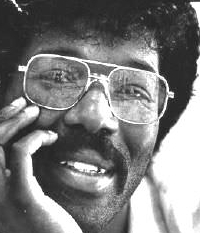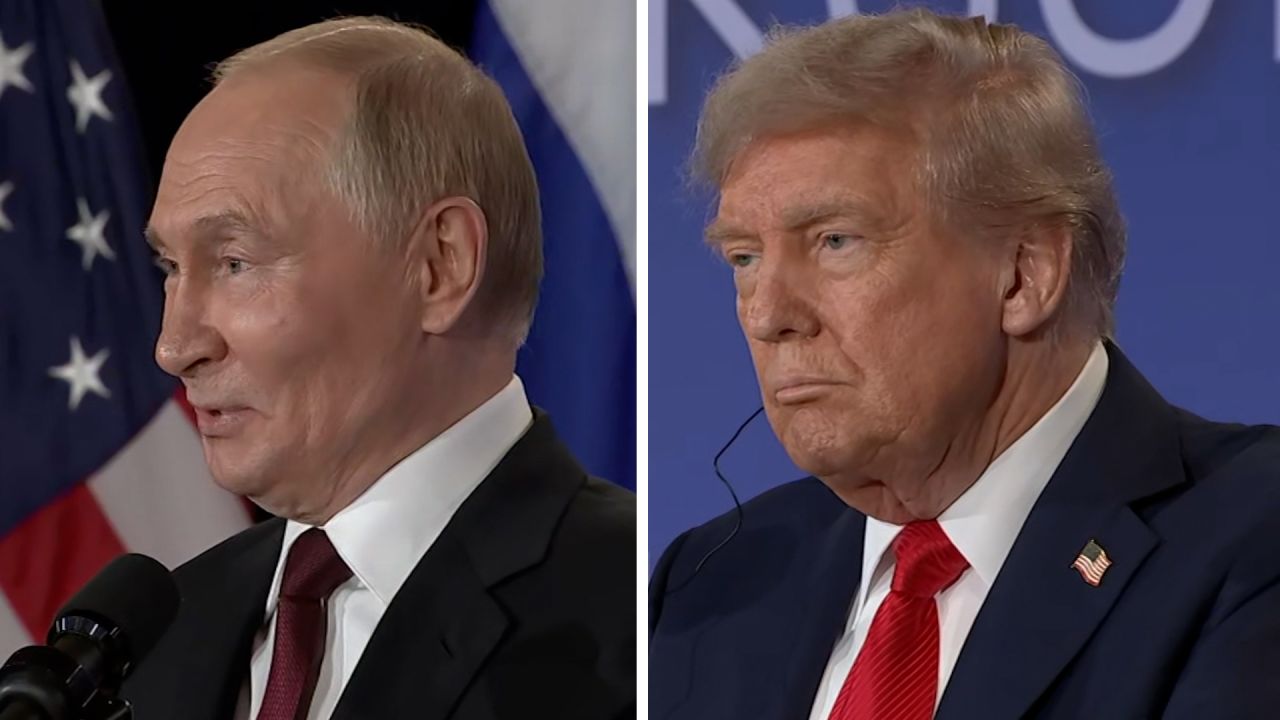Russian President Vladimir Putin and U.S. President Donald Trump held a high-stakes meeting in Anchorage, Alaska, on February 13, 2024, to address the ongoing Russia-Ukraine War. This bilateral discussion marks a significant moment in international relations, reflecting the complexities of the geopolitical landscape.
During the meeting, both leaders provided insights into their respective positions on the conflict, underscoring the need for dialogue. President Trump emphasized the importance of direct communication to resolve tensions, stating that “open lines of communication are crucial for peace.”
Key Points from the Conference
The news conference that followed the meeting offered a glimpse into the leaders’ perspectives. President Putin reiterated Russia’s stance on Ukraine, highlighting what he termed the need for security guarantees for Russian-speaking populations in the region. He emphasized that any resolution must consider these communities’ concerns.
President Trump responded by advocating for a balanced approach, suggesting that the United States must remain engaged while also considering Russia’s historical ties to Ukraine. “We cannot ignore the realities on the ground,” he stated, suggesting that a collaborative effort could lead to a more stable outcome.
Both leaders faced questions from reporters regarding their plans for future negotiations. Trump hinted at potential upcoming discussions, stating, “We are open to talks, but they must be constructive.” Putin, on the other hand, called for a commitment to cease hostilities, asserting that “peace can only be achieved through mutual respect and understanding.”
The meeting comes at a critical time as the conflict has resulted in significant casualties and displacement. According to reports, over 15,000 people have died since the conflict escalated in 2014, and millions have been affected by the humanitarian crisis.
International Reactions
Global reactions to the Anchorage meeting have varied. Analysts note that the dialogue could pave the way for a renewed focus on peace negotiations. European leaders have expressed cautious optimism, hoping that this engagement may lead to a reduction in hostilities.
Conversely, some critics question the effectiveness of such meetings, arguing that they often lack substantive outcomes. Angela Merkel, former Chancellor of Germany, commented that “while dialogue is necessary, it must be coupled with actionable commitments to ensure progress.”
As the international community watches closely, the implications of this meeting are far-reaching. The Trump-Putin discussions may influence not only U.S.-Russia relations but also the broader dynamics of European security.
In conclusion, the Anchorage meeting represents a pivotal moment in addressing the ongoing conflict in Ukraine. As both leaders continue to navigate this complex issue, the world remains attentive to developments that could shape the future of regional stability. The need for effective diplomacy has never been more pressing, and the outcomes of these discussions will be closely monitored in the weeks and months to come.








































































